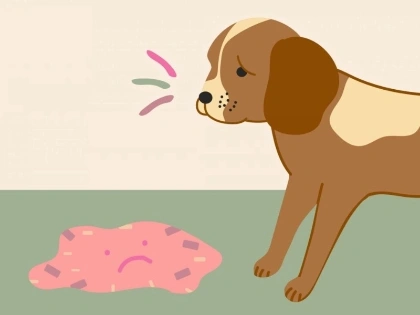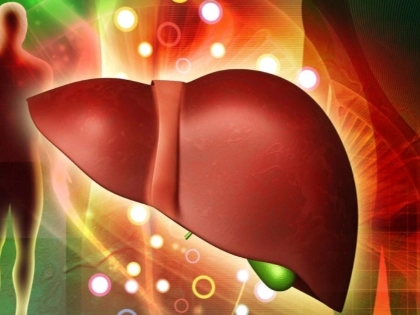Causes

Loss of appetite can be caused by a variety of reasons. These include physical illness, psychological issues, food intolerance and medications.
Inflammation in the body can have a significant impact on appetite. Conditions such as infection, cancer and stress that cause inflammation disrupt signals sent to the brain about hunger.
Some medications, particularly narcotic pain medicines, antibiotics and blood pressure medicine can lead to a decrease in appetite. Gastrointestinal problems like GERD may also contribute to this issue.
Anxiety can have a direct effect on your appetite. While most physical symptoms of anxiety are temporary and easily managed with medical help, if symptoms persist it's essential to identify and address the cause and receive appropriate treatment. Neglecting to address this issue could lead to malnutrition or other serious health complications; seeing a doctor is the best way to identify what's causing your lack of appetite.
Symptoms

A lack of appetite may indicate a health issue. This could be an indication of thyroid trouble, cancer, or mental health conditions such as anxiety.
Signs of an appetite include a sour taste in the mouth, nausea, and changes to how much or often you eat. In some cases, people may not feel hungry at all but still obtain essential nutrients from food intake.
If you are feeling nauseous and having difficulty eating, consult your doctor about possible remedies. Eating more fruits and vegetables as well as drinking plenty of water may help alleviate symptoms.
Medical treatments to increase appetite include anti-nausea drugs, progesterone, steroid medications and vitamin B6 which can be taken before eating or in supplement form. Meal replacement products with electrolytes to relieve constipation, cramping and fatigue may also be beneficial.
Diagnosis

Loss of appetite can be indicative of various medical conditions and issues. It is essential to identify the underlying cause so you can receive appropriate treatment.
Diagnosis is the process of accurately diagnosing a disease or condition through physical examination, laboratory test, or other procedures. This may include taking a patient's vital signs, reviewing their family history history, and gathering other pertinent data.
Your doctor will assess your medical history, family health history and any medications taken. They also inquire into symptoms and how you feel physically.
They will perform a physical examination of your body, including checking for unusual bloating, lumps or tenderness in the back and abdominal region. Furthermore, they may feel with their hand for unusual lumps or tenderness elsewhere on your body.
Treatment

The treatment for lack of appetite depends on the underlying cause and will be tailored to you by your healthcare provider. It could include eating several small meals throughout the day, using liquid meal replacement drinks, or adding calorie-dense foods into your diet.
Your doctor may prescribe medications to enhance appetite and relieve symptoms such as nausea, bloating or stomach pain. These may include anti-nausea medicines like doxylamine and B6, pyridoxine or promethazine; supplements that provide electrolytes or relieve constipation or cramping; and steroid medications which reduce swelling, pain or weakness due to an underlying illness.
Advertisement
Recommended Reading: Which Fruit is Best For Heart and Kidney Disease?
























Comments
Leave a Comment
Your email address will not be published. Required fields are marked *